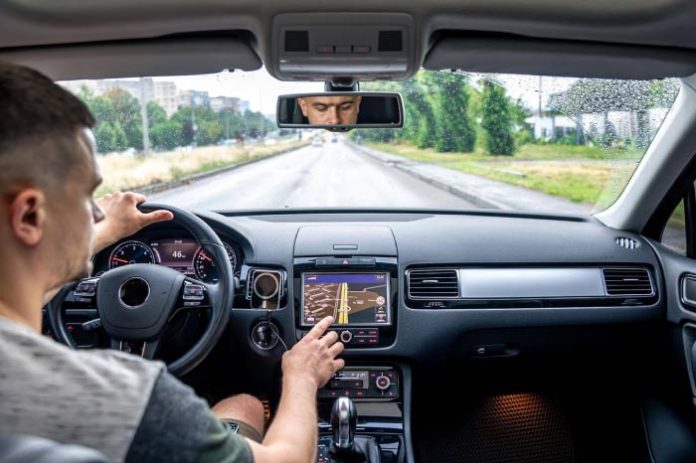Monitoring driving habits and tracking locations, smart cars are well-acquainted with our every move. A staggering 96% of vehicles feature a black box that records our data, yet many of us remain oblivious to the privacy threats.
Despite the utility for insurers and law enforcement, personal data like contacts and messages is often unencrypted and lacking legal safeguards, leaving individuals vulnerable to unwarranted surveillance and data collection.
How can smart cars attack our privacy?

ExpressVPN found that smart cars collect comprehensive data, including precise location details, driving patterns, biometrics, vehicle diagnostics, personal preferences, and more.
This information unveils unique aspects, presenting substantial privacy concerns. Illicit access to this data could result in hazards such as stalking, identity theft, or even falsifying an individual’s habits, as the data discloses extensive insights into the person’s life beyond their connected vehicle.
Can security measures safeguard our data?
Automakers and service providers should employ robust security protocols to tackle these issues. Crucial measures to protect personal data include encryption, access controls, and routine security assessments.
Consumers require confidence in safeguarding their data from cyber threats and unauthorized use.
Experts stress the significance of widespread security standards and cooperation across the industry to maintain a uniform level of protection. However, concerns linger about the frequency of data breaches and misuse, hindering the ability to assure and establish trust with individual users.
Do we have data protection regulations in place?

In the ever-growing smart car landscape, global regulatory entities face balancing innovation with safeguarding privacy.
Current guidelines, like the European General Data Protection Regulation and the California Consumer Privacy Act, lay the groundwork for handling these concerns.
Yet, there’s a pressing need for precise regulations explicitly designed for smart cars to guarantee all-encompassing data privacy.
The regulatory framework finds it challenging to match the swift technological strides, posing hurdles in delivering relevant, substantial, and efficient supervision in this dynamic domain.
How to safeguard your privacy while using a smart car?
Dreaming of a smart car? Don’t give up. Protect yourself online and safeguard your car and information with these essential steps.
- To safeguard your privacy in the age of connected cars, consider opting for older models without internet connectivity or cameras. This reduces data collection points, minimizing the risk of surveillance.
- Be careful about sharing smart car details on social media; use encrypted messaging platforms like WhatsApp or Telegram.
- Choose open-source options in the automotive industry for greater control over your car’s operating system and data privacy.
- Refuse personalized advertisements in your vehicle purchase contract to prevent sharing personal information for targeted marketing.
- Refuse data selling and behavioral marketing to limit personal data sharing.
- Before buying or selling a secondhand vehicle, perform a factory reset to erase personal data.
- Enhance security with robust passwords, two-factor authentication, and cautious data sharing with trusted third parties.
- Disable location sharing on mobile devices and reconsider using voice assistants for data collection concerns.
- Regularly update smart car software for heightened security against potential intrusions.
- When connecting to your car’s Wi-Fi, consider using a privacy-focused VPN to create a secure data tunnel and add an extra layer of protection against eavesdropping on online activities.
Implementing these measures allows you to navigate the digital landscape while safeguarding your privacy effectively.
Future outlook of connected car data privacy
As smart cars intertwine with home automation, privacy issues like invasive ads, data monetization, and potential misuse of user data arise.
To tackle these issues, a continuous dialogue involving consumers, industry leaders, and policymakers is essential. Opting out of data collection often hampers a smart device’s functionality, raising questions about the fairness of forcing users to compromise privacy for full device use. Is it a genuine choice?
Read Also: Large SUV with Best Gas Mileage





